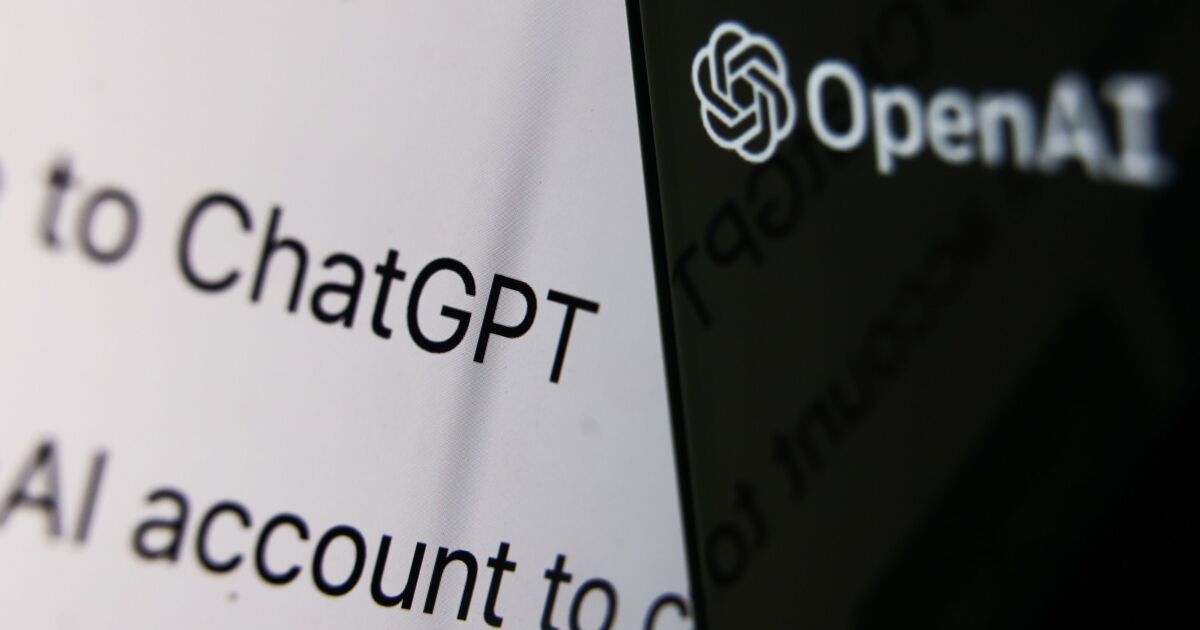
The rise of artificial intelligence is already having labor market impacts, as a number of finance leaders recently admitted in a survey that they have already laid workers off because AI made their positions unnecessary.
Job hunting support solution ResumeBuilder polled 750 business leaders at companies that currently or plan to use AI in 2024. Of these 750 business decision-makers, 37% said they have already laid off workers because they were no longer needed due to the company’s use of AI.
Meanwhile, 44% of companies who use AI or plan to by next year say employees will definitely (21%) or probably (23%) be laid off due to the use of AI in 2024. In contrast, 20% said they would “definitely not” replace workers with AI next year.
While it might seem counterintuitive to hire more people just when AI-driven efficiencies allow someone to cut staff, the survey also said that organizations will be seeking those with AI proficiency in the future. Ninety-one percent of companies using or planning to start using AI in 2024 will hire new employees next year, and 96% say it will be very beneficial (65%) or somewhat beneficial (31%) for candidates to have experience with AI. Additionally, 83% of this same group say employees who have AI skills will definitely (45%) or probably (38%) have more job security at their company than those who do not.
“I’m not surprised by these results, and I hope this article is a wake-up call for anyone rejecting AI in their industry or function,” said ResumeBuilder’s resume and career strategist Julia Toothacre. “I would advise employees to consider all parts of their position and what could possibly be taken over by AI. Figure out what part of your position can’t be taken over by AI or where AI might need human intervention, and become the go-to person for those tasks. Employees need to find ways to grow their skills and stay relevant in their field if they don’t want their job to be given to AI.”
While the survey did not elaborate on what specific positions were eliminated, it is likely they were administrative and customer support jobs: When asked what they are currently using AI for, business leaders said customer support (67%), research (66%), and creating summaries of meetings or documents (61%).
Respondents who took the full survey were primarily from the following industries: construction (13%), education (8%), finance and insurance (16%), information (17%), and software (8%), health care (5%), retail (4%), and manufacturing (7%), according to a spokesperson from ResumeBuilder.
The findings are similar to those of a recent survey from FreshBooks (see previous story) which found, on the one hand, two-thirds of small-business owners disagreed with the idea that AI might replace them or their employees but, on the other, a major proportion — 44% — said they expect to hire fewer people in the future due to AI capabilities.
In contrast, another recent survey from FreshBooks (see previous story) of 100 accounting professionals found that accountants were fairly confident AI could not replace them: 70% believe that today’s generative AI tools cannot match the nuanced skills of a human accountant; only 36% anticipate a substantial impact on tax preparation, and 32% expect impacts on accounting advisory services.
A Thomson Reuters survey released around the same time also found many finance professionals confident they would not be replaced with AI, though there remained a significant proportion who were more bearish on their prospects.




